Utpal Dutt: The Iconic Film Roles
Subscribe to read full article
This section is for paid subscribers only. Our subscription is only $37/- for one full year.
You get unlimited access to all paid section and features on the website with this subscription.
Not ready for a full subscription?
You can access this article for $2, and have it saved to your account for one year.
On his birth anniversary, here’s a look at some of the most memorable roles essayed by an actor-par-excellence
For most lovers of Hindi cinema, Utpal Dutt is probably synonymous with Gol Maal – over 40 years after the film was made, it remains a cultural marker, endlessly referenced and parodied. But Utpal Dutt was more than just Bhavani Shankar. In fact, his oeuvre in Bengali theatre and cinema is a stark contrast to what made him a household name for Hindi film aficionados.
He founded the Little Theatre Group in 1947, writing and directing some of the most controversial political plays of the era, like Angar (1959) and Kallol (1965). In the mid-1960s, he was arrested by the Congress government on charges of fomenting anti-government sentiments through his plays. Under detention, he wrote Loha Manab, based on the real-life trial of a pro-Stalin, ex-Politburo member by supporters of Nikita Khrushchev in Moscow of 1963.
Bhuvan Shome, Bhuvan Shome (1969), Dir: Mrinal Sen
A landmark of Indian cinema that, along with Uski Roti and Sara Akash, is credited with ushering in the Indian New Wave. This was Mrinal Sen’s first film in Hindi as also Utpal Dutt’s debut in Hindi cinema (K.A. Abbas’s Saat Hindustani too released in the same year). As the middle-aged officer in the Indian Railways who, on a duck-hunting trip in Gujarat, discovers a life beyond the confines of bureaucracy, Utpal Dutt is pitch-perfect. Not surprisingly, the actor won the National Award for Best Actor for the year. The film is also notable for K.K. Mahajan’s cinematography (Mahajan incidentally also shot Uski Roti and Sara Akash).
Satyajit Ray’s classic children’s detective film gave Indian cinema one of its most memorable villains – and definitely the most famous one in Bengali cinema. With his flawless rendition of Bengali in a unique non-Bengali accent (‘refuse’ becomes refuz), and the nonchalant menace he exudes even while listening to Reba Muhuri’s ‘Mohe lagi lagana’, Utpal Dutt not only brings Maganlal Meghraj to life, but also at times overshadows the hero, Feluda – no mean achievement.
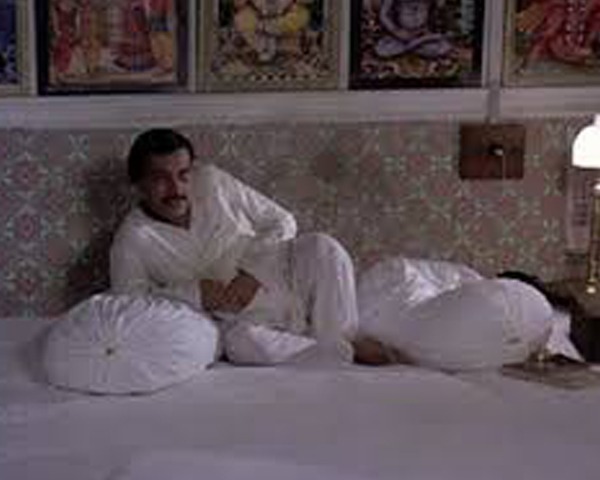
If he had played no other character, acted in no other film, Utpal Dutt would probably have remained immortal solely on the strength of this one role. As the stern yet avuncular Bhavani Shankar with a quirky sense of what constitutes a strong moral fibre – simple non-flashy clothes, not engaging in the frivolities of music and movies, speaking in shudh Hindi and, yes, sporting a moustache – Utpal Dutt is a hoot as he is taken for a royal ride by ‘two’ pairs of twins, Ram/Laxman Prasad and Kamla/Vimla. No one has said ‘eesh’ better and no one could pack more punch into one of the funniest lines in Hindi cinema, as Bhavani does, telling his daughter: ‘Tumhari shadi usse nahin hogi jise tum prem karti ho … tumhari shadi usse hogi jise main prem karta hoon.’ (You will not marry the one you love – you will marry someone I love.)
.jpeg)
The sequel to the eternal children’s favourite Goopy Gyne Bagha Byne is darker than the original, which isn’t surprising given that it is basically an allegory on authoritarianism that came soon after the Emergency. As the tyrannical king of Hirak, Utpal Dutt is deliciously twisted, sending his critics off to the Jantarmantar for a dose of mogoj dholai (brainwashing), from which they emerge all praise for the mad king: Hirak-er raja bhagaban. The subtext is chillingly relevant even today.
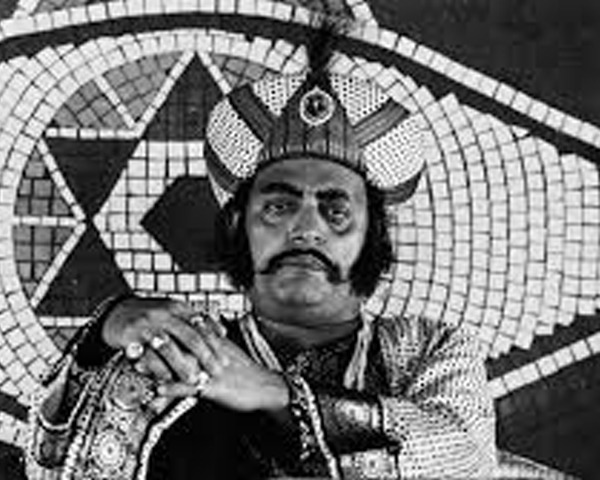
Dhurandhar Bhatawdekar, Rang Birangi (1983), Dir: Hrishikesh Mukherjee
In what can be seen as a companion piece to Gol Maal, Utpal Dutt has probably the most memorable character name in Hindi cinema. Needless to say, the actor is on top of his game here as the strict police officer who loathes Hindi cinema for purveying ‘vulgarity’. His Dhurandhar Bhatawdekar drives the narrative’s madcap quotient and has one of the funniest ‘meta’ moments to end a film with: ‘B.R. Chopra ko pakad kar lao,’ he says after learning that the plot of everything that has transpired has its inspiration in Chopra’s Pati Patni Aur Woh.
In his final collaboration with Satyajit Ray, Utpal Dutt plays the ‘enigmatic’ stranger who prefers to call himself Nemo, or Mr No One. Ray’s last film is a philosophical meditation on identity and trust, and Utpal Dutt does a magnificent job, teasing and cajoling, even daring, his niece and her sceptical husband to believe that he is indeed her long-lost uncle. Many critics have commented on the possibility that Manomohan Mitra is modelled on the director himself.
.jpeg)
There are several much-loved and critically acclaimed films that don’t find a separate mention here. Of these, Ray’s Jana Aranya (1976), Sen’s Chorus (1974), Goutam Ghose’s Padma Nadir Majhi (1993), the hilarious Mr Sanyal in Do Anjane (1976), and a series of Basu Chatterjee films, including Shaukeen, boast some of his more celebrated performances. Among my personal favourites is also the Shakti Samanta entertainer starring Amitabh Bachchan, The Great Gambler (1979). It’s a film that I go back to time and again, just for the sense of wacky fun it exudes and for Utpal Dutt’s ‘humming villain’.
Tags
About the Author
Shantanu Ray Chaudhuri is either an 'accidental' editor who strayed into publishing from a career in finance and accounts or an 'accidental' finance person who found his calling in publishing. He studied commerce and after about a decade in finance and accounts, he left it for good. He did a course in film, television and journalism from the Xavier's Institute of Mass Communication, Mumbai, after which he launched a film magazine of his own called Lights Camera Action. As executive editor at HarperCollins Publishers India, he helped launch what came to be regarded as the go-to cinema, music and culture list in Indian publishing. Books commissioned and edited by him have won the National Award for Best Book on Cinema and the MAMI (Mumbai Academy of Moving Images) Award for Best Writing on Cinema. He also commissioned and edited some of India's leading authors like Gulzar, Manu Joseph, Kiran Nagarkar, Arun Shourie and worked out co-pub arrangements with the Society for the Preservation of Satyajit Ray Archives, apart from publishing a number of first-time authors in cinema whose books went on to become best-sellers. In 2017, he was named Editor of the Year by the apex publishing body, Publishing Next. He has been a regular contributor to Anupama Chopra's online magazine Film Companion. He is also a published author, with two books to his credit: Whims – A Book of Poems (published by Writers Workshop) and Icons from Bollywood (published by Penguin Books).



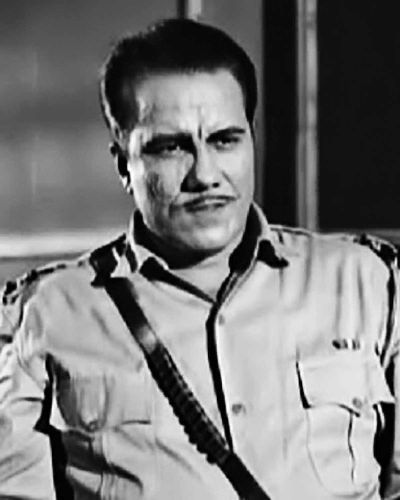

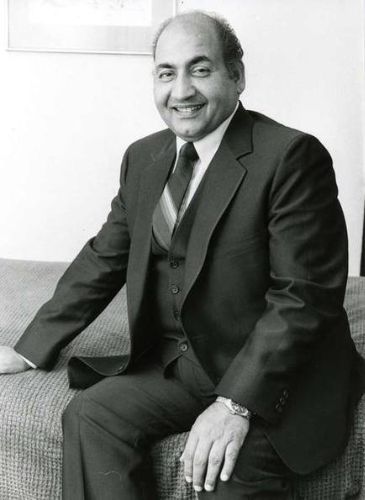
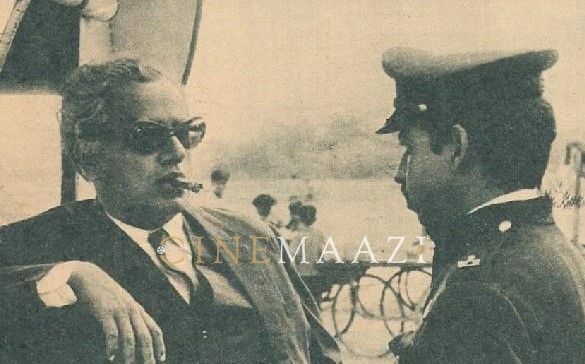
.jpg)



